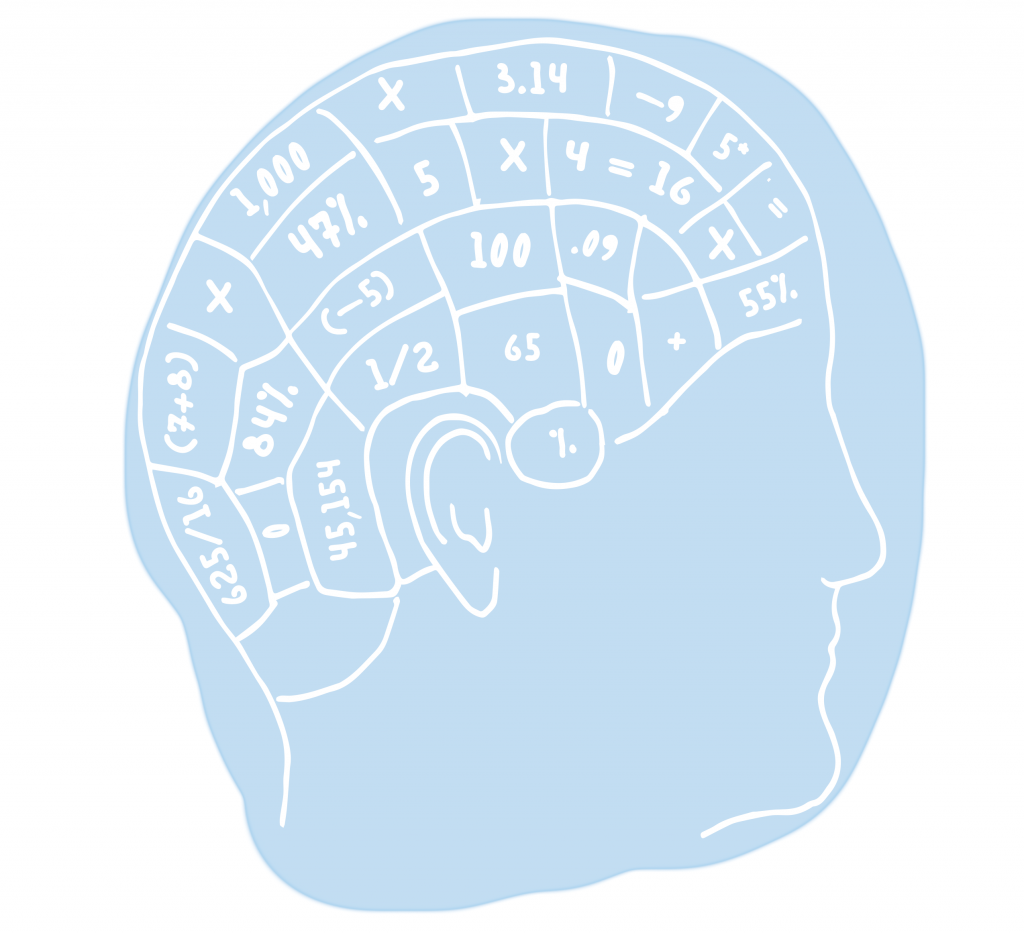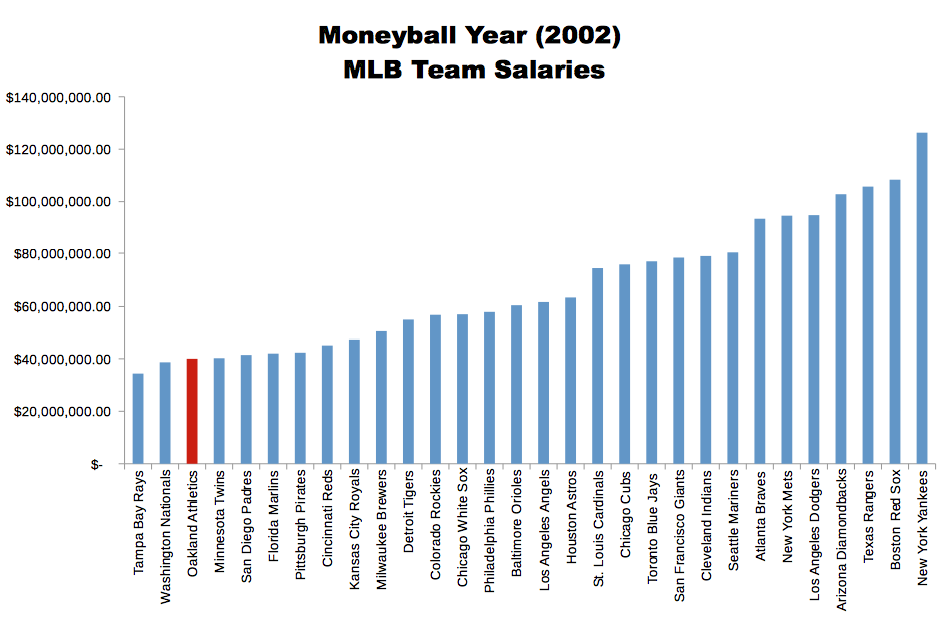The path to a data science career often takes unexpected twists and turns. Data scientists have professional backgrounds as varied as journalist, systems developer, or—in the case of University of Wisconsin Master of Data Science student Halee Mason—lab scientist. We sat down with Halee with a few questions about her experience in the online program. Here, in her own words, the Westfield, N.Y. native shares how she went from lab scientist to data scientist, what drew her to this particular program, and what advice she would give to someone considering a data science degree.
How did you become interested in data science?
After earning a Bachelor of Science in Medical Technology, I worked as a clinical laboratory scientist at the University of Virginia Medical Center in a flow cytometry and immunology lab. As a clinical laboratory scientist, I practiced data science before I knew what it was. The more I worked in the lab, the more I realized how much I loved the data analysis part of my work. I looked for patterns in the data, pieced together information, and drew conclusions about a patient’s potential diagnosis.
After realizing my interest in data, I attended a two-day training course about discovering patterns in data. It provided me the opportunity to meet and network with data scientists. That’s when I decided to shift my career to data science and pursue a master’s degree to learn and practice the skills needed to become a data scientist.
Where do you currently work?
I’m a data analyst at Elder Research, a recognized industry leader in the science, practice, and technology of advanced analytics. We have completed hundreds of diverse projects for commercial clients and government agencies. Our areas of expertise include data science, text mining, data visualization, scientific software engineering, and technical teaching.
Why did you choose this data science master’s program?
The program’s diverse curriculum, the flexibility provided by the online format, and the opportunity to learn from a wide array of instructors was very attractive to me. Since I was working full time, the online format was a pivotal part of my decision.
How have you benefited from pursuing a data science master’s degree?
Pursuing this master’s degree complemented my background in data analysis, allowing me to move into the data science field and advance at a much quicker rate. Currently, I work with clients on projects, and on a daily basis, I apply what I learn from my courses to these projects.
What are your favorite aspects of the UW Data Science program so far?
The best part of my experience at UW thus far has been interactions with the professors. During my first programming class, I was relieved to know that the professors were more than willing to meet on Skype, provide feedback, hold office hours, and even help troubleshoot problem areas within my code. This type of support has continued throughout my courses. I also appreciate the online flexibility, because for my job, I occasionally need to travel to clients for projects.
Which are your favorite UW Data Science classes so far?
DS 730: Big Data: High-Performance Computing has been the most technically challenging by far. I gained invaluable experience with cutting-edge technology that helped me secure a position at a top predictive analytics consultancy firm. Exposure to Hadoop, Hive, Pig, Python, Java, and HBase in one semester was challenging, but overcoming that challenge helped me hone my ability to tackle new problems and gave me a fearlessness for learning new technologies.
What data science skills or tools do you use in your daily work?
I use SQL, Python, and R on a daily basis. A lot of my time is spent wrangling data, and these are my go-to tools. In DS 710: Programming for Data Science, I learned how to use these tools in synchrony.
Do you feel well prepared for your position in data science?
I do. For example, the skills I learned in Big Data: High-Performance Computing have helped me at Elder Research. I recently finished a project to deploy a log ingestion pipeline that fed the client’s predictive model on Amazon Web Services (AWS). Thanks to Dr. Erik Krohn and skills I learned in his class, I was well-suited for the project.
I’m looking forward to the capstone project to continue strengthening my skills as I finish the program. I’ve really enjoyed the support from advisers and faculty.
What has it been like as an adult in an online degree program?
At times, managing my time between work and my master’s degree has been a balancing act. But I still have time for exercising, hiking with my dog, yoga, and—when I can fit it in—scuba diving.
What advice would you give to someone who is interested in earning this master’s degree?
The UW Data Science program is very comprehensive and brings together many disciplines to provide students with a well-rounded approach to solving data-driven problems. By the end of the program, you will feel ready to work for almost any business. The data science field is wide-open with opportunities right now.
It is important for data science students to be self-motivated—you need to stick with the online degree from start to finish. Self-motivation also helps you handle the highs and lows throughout a data science project. The perseverance you develop will help you solve even the most complex problems.
Find out more about being a data scientist by visiting the “What Do Data Scientists Do?” page. Or, if you have questions about the University of Wisconsin Master of Science in Data Science, an adviser would be happy to help. Call 608-800-6762 or email learn@uwex.wisconsin.edu.
Editor’s note: Halee has since graduated from the UW Data Science program and is now a lead data scientist at Cloud9 Esports.
Read More
Data Science Student Pursues Data Analysis in Anticipation of ‘Industry 4.0’ Smart Factories
How to Make Your Data Science Resume Stand Out
Data Scientist Jobs: What a Search on LinkedIn Reveals
Why Combining Psychology, Research Methods and Statistics Can Lead to a Powerful Data Science Career
 Data science—particularly
Data science—particularly 
